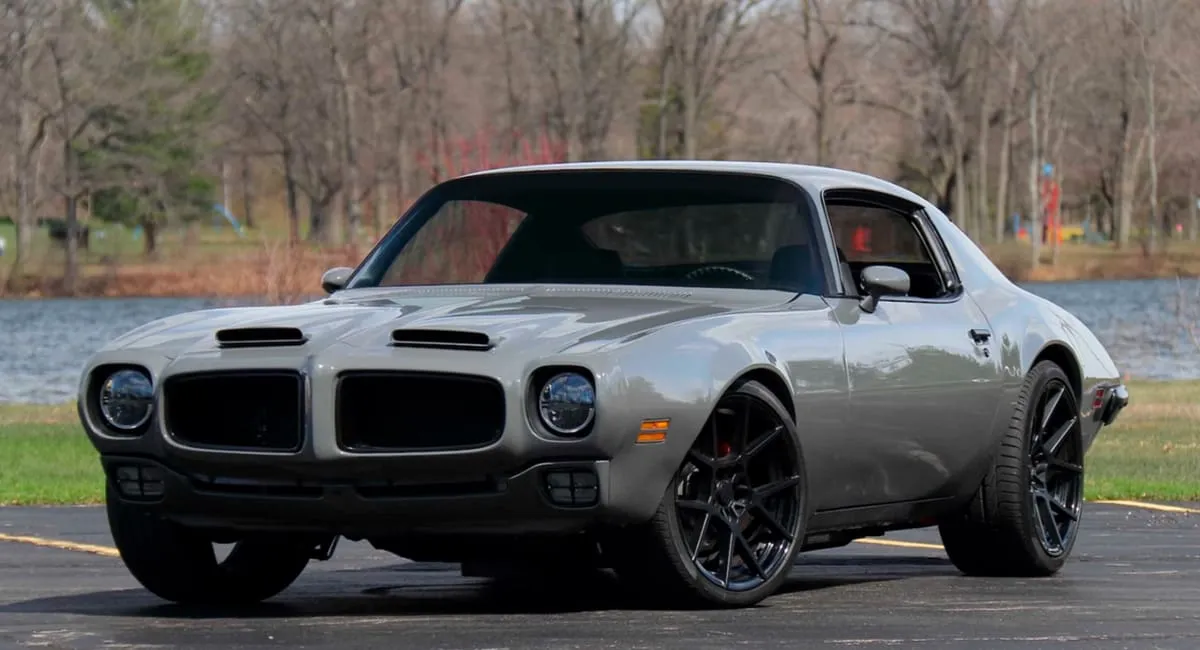Toyota and Lexus are recalling hundreds of thousands of vehicles in 2025 due to instrument panel blank screens and HVAC defroster failures. Find out which models are affected, what the risks are, and how repairs will be handled.
Toyota & Lexus Recalls 2025: What’s Going On Right Now
Toyota Motor Corporation and its luxury division Lexus are currently under multiple major recall campaigns in the United States. These recall actions touch on safety issues ranging from blank instrument panels to failing HVAC (heating, ventilation, and air conditioning) systems in electric and hybrid models. For many owners, these defects may seem minor until you look at possible consequences—reduced visibility, inability to monitor warning indicators, or visibility hazards in cold weather. Below is a breakdown of the latest recalls, the models affected, what’s being done, and what owners should do.

Key Recall #1: Blank Instrument Panel Displays
One of the more prominent recalls involves around 591,000 Toyota and Lexus vehicles. According to Toyota’s official statement, certain models—Toyota Venza, Crown, Crown Signia, RAV4, GR Corolla, 4Runner, Camry, Grand Highlander, Tacoma, Highlander, and certain Lexus LS, RX, and TX vehicles—may exhibit a defect in the 12.3-inch instrument panel display. At startup, the display could stay blank, or it might go blank while driving.
A blank display doesn’t just leave you with a dark dashboard—it means you may lose visibility of critical warning indicators (for example engine or safety system alerts). That increases risks, especially if something goes wrong while you are driving. Toyota and Lexus dealers will inspect and, if needed, reprogram or replace the instrument cluster (or "combination meter") with an improved unit. Notifications to affected owners are expected by mid-November 2025.
Key Recall #2: HVAC / Defroster Malfunction in EV / Hybrid Models
Another major recall affecting approximately 94,000 vehicles involves Toyota, Lexus, and Subaru EV/hybrid models from model years 2023-2025—specifically the Toyota bZ4X, Lexus RZ, and Subaru Solterra.
The issue arises from software in the HVAC control unit (electronic control/software program) which can lead the system into “failsafe mode” when the electrical compressor malfunctions. In that mode, heating is suspended, and the windshield defroster/defogger may not work. This is particularly problematic in low temperatures, where frost, ice, or fog build-up reduces visibility.
Toyota, Lexus, and Subaru dealerships will update the software, and, if necessary, inspect and replace the compressor (at no cost to the vehicle owners). Owners of affected vehicles are expected to get letters starting in October 2025; earlier notices were also planned with estimates of early November.
What's Being Done & Owner Actions
-
Free Repairs & Software Updates: For both recalls, the manufacturers are providing free fixes. That includes reprogramming instrument panels or the HVAC control units, and replacing parts like the cluster or compressor if needed.
-
Notifications by Mail: Toyota will begin sending official recall letters in mid-November 2025 (for the blank display recall) and around October for the defroster/HVAC issue.
-
Check by VIN: Vehicle owners can check if their car is affected by entering the Vehicle Identification Number (VIN) on Toyota’s recall website, Lexus’s recall site, or the U.S. National Highway Traffic Safety Administration (NHTSA) database.
Models Affected
Here are some specific models involved in these recalls:
-
Blank Instrument Panel Display Recall:
Toyota models including Venza, Crown, Crown Signia, RAV4, GR Corolla, 4Runner, Camry, Grand Highlander, Tacoma, Highlander; and Lexus LS, RX, TX models. -
HVAC / Defroster Recall:
Focused on electric models: Toyota bZ4X (2023-2025), Lexus RZ (2023-2025), and Subaru Solterra (2023-2025).
Safety Risks & Considerations
While many recalls involve non-life-threatening defects, these two have serious safety implications:
-
Blank Display: Without the instrument panel working properly, drivers may not know about warning lights (e.g. brakes, engine, airbags) or speed and fuel data. That could lead to accidents especially if a warning is critical.
-
HVAC/Defroster Failure: Reduced ability to defrost or remove fog/frost from the windshield impairs visibility, especially during cold or rainy weather. That increases risk of collision.
Why These Recalls Matter & Broader Impacts
-
Reputation & Reliability: Toyota and Lexus have long been known for durability and reliability. Multiple safety recalls in short succession can affect public perception.
-
EV/Hybrid Challenges: The HVAC issue shows that as brands switch more toward electrified powertrains, software and component control systems become even more critical. Failures in “softer” systems (like comfort, visibility) can be as important to safety as mechanical ones.
-
Regulatory Scrutiny: Agencies like NHTSA are increasingly attentive to software and electronics recalls — many of these issues stem not from crashes but from system malfunctions that raise risk. Proactive recalls help avoid bigger legal and safety issues.
What Should Vehicle Owners Do?
-
Check your VIN on Toyota’s recall site (toyota.com/recall), Lexus.com, or NHTSA.gov.
-
Watch for Recall Notifications in the mail. Sometimes these arrive several weeks or even months after the defect is first identified.
-
Visit Dealer for free inspection and repair if your vehicle is affected.
-
Don’t ignore symptoms: blank display, fogged windshield that defroster doesn’t clear, odd behavior in HVAC — report these to your dealer.
The 2025 Toyota & Lexus recall campaigns underline how even “non-core” systems — like displays or climate control — can become central safety issues when they fail. With hundreds of thousands of vehicles involved, and free remedies offered, these recalls are serious but manageable. If you own one of the affected models, acting early can help ensure your safety and avoid unexpected hazards.




-1687160886x1024.jpg)